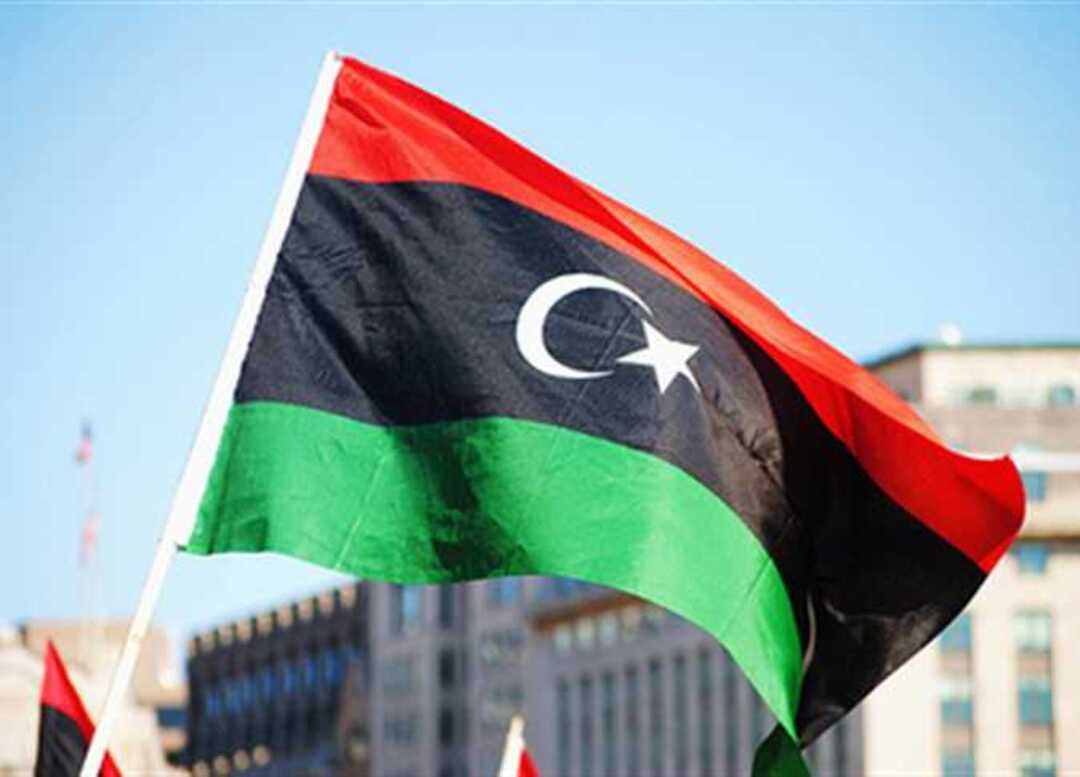-
Libyans Reject Return of Morality Police: A Restriction on Personal Freedoms
-
The announcement of morality police's return in Libya reflects sharp social division between supporters of personal freedoms and those calling for restrictions under the pretext of protecting values

The Interior Minister of Libya's Government of National Unity, Emad Al-Tarabulsi, sparked intense social debate in recent hours following his announcement to resume "morality police operations in streets to confront behaviors violating society's traditions".
During a media interview Wednesday, Tarabulsi announced that morality police patrols would resume duties next month, confirming they would address "strange" haircuts and youth clothing that contradicts society's customs and traditions. He emphasized requiring women to wear modest clothing in public spaces and called on the Education Ministry to mandate hijab for female students.
He addressed banning women's travel without a male guardian, noting the need to activate female police to deter women's immoral behaviors and prevent mixed-gender presence in cafes and public places.
He continued with threats to detain violators and raid homes if people are proven involved in immoral acts, adding that those "seeking personal freedom should go to Europe."
These statements sparked widespread debate among Libyans on social media platforms, between supporters of the decision "to limit moral deterioration in society" as described, and opponents who see it as a restriction on freedoms and regression.
Libyan activist Amira Youssef expressed her position saying, "There's a difference between maintaining public morals and imposing ISIS laws," addressing the Interior Minister: "We are against nudity, vulgarity, drugs, alcohol, and corruption of all kinds and anything affecting public morals, but imposing specific clothing on young girls, preventing women from traveling without a guardian, preventing us from eating in public places, and saying that whoever seeks personal freedom should go to Europe - it remains only to declare that Libya is an extension of ISIS until the international community and human rights organizations intervene to express their positions."
A Facebook blogger considered the statements tragic, describing them as "an attempt to spread and impose extremist thought in schools, curricula, and streets." Blogger Sanad Al-Shami denounced the decision, considering that "sound thinking doesn't need a stick or morality police to establish it, but requires directing state capabilities, budget, and priorities towards education."
Other citizens questioned why the focus isn't on combating corruption, expired goods, and pursuing public funds plunderers. A minority of Libyans supported "returning morality police to work," considering it "a step in the right direction after corruption spread and values were transgressed."
Libya has witnessed since the overthrow of Muammar Gaddafi's regime in 2011 a state of turmoil, lack of security, and political confusion, amid the country's division between two authorities in the east and west.
Levant-Agencies
You May Also Like
Popular Posts
Caricature
BENEFIT Sponsors BuildHer...
- April 23, 2025
BENEFIT, the Kingdom’s innovator and leading company in Fintech and electronic financial transactions service, has sponsored the BuildHer CityHack 2025 Hackathon, a two-day event spearheaded by the College of Engineering and Technology at the Royal University for Women (RUW).
Aimed at secondary school students, the event brought together a distinguished group of academic professionals and technology experts to mentor and inspire young participants.
More than 100 high school students from across the Kingdom of Bahrain took part in the hackathon, which featured an intensive programme of training workshops and hands-on sessions. These activities were tailored to enhance participants’ critical thinking, collaborative problem-solving, and team-building capabilities, while also encouraging the development of practical and sustainable solutions to contemporary challenges using modern technological tools.
BENEFIT’s Chief Executive Mr. Abdulwahed AlJanahi, commented: “Our support for this educational hackathon reflects our long-term strategic vision to nurture the talents of emerging national youth and empower the next generation of accomplished female leaders in technology. By fostering creativity and innovation, we aim to contribute meaningfully to Bahrain’s comprehensive development goals and align with the aspirations outlined in the Kingdom’s Vision 2030—an ambition in which BENEFIT plays a central role.”
Professor Riyadh Yousif Hamzah, President of the Royal University for Women, commented: “This initiative reflects our commitment to advancing women in STEM fields. We're cultivating a generation of creative, solution-driven female leaders who will drive national development. Our partnership with BENEFIT exemplifies the powerful synergy between academia and private sector in supporting educational innovation.”
Hanan Abdulla Hasan, Senior Manager, PR & Communication at BENEFIT, said: “We are honoured to collaborate with RUW in supporting this remarkable technology-focused event. It highlights our commitment to social responsibility, and our ongoing efforts to enhance the digital and innovation capabilities of young Bahraini women and foster their ability to harness technological tools in the service of a smarter, more sustainable future.”
For his part, Dr. Humam ElAgha, Acting Dean of the College of Engineering and Technology at the University, said: “BuildHer CityHack 2025 embodies our hands-on approach to education. By tackling real-world problems through creative thinking and sustainable solutions, we're preparing women to thrive in the knowledge economy – a cornerstone of the University's vision.”
opinion
Report
ads
Newsletter
Subscribe to our mailing list to get the new updates!






















